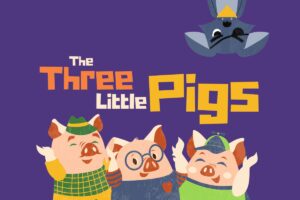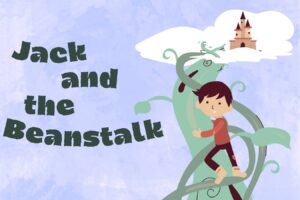Inspiration Story: In this blog, we’ll look at the most classic inspiration story that occupies generations and appeals to individuals of all ages. Take us on a trip where the power of a timeless story continues to inspire, motivate, and gather hearts. Let us look at the story that becomes a source of inspiration for everyone, young and old.”
The Remarkable Rocket
Once upon a time, there was a prince and a princess who were going to get married. The king announced a grand celebration with fireworks after the wedding. The princess was very excited because she had never seen fireworks before.
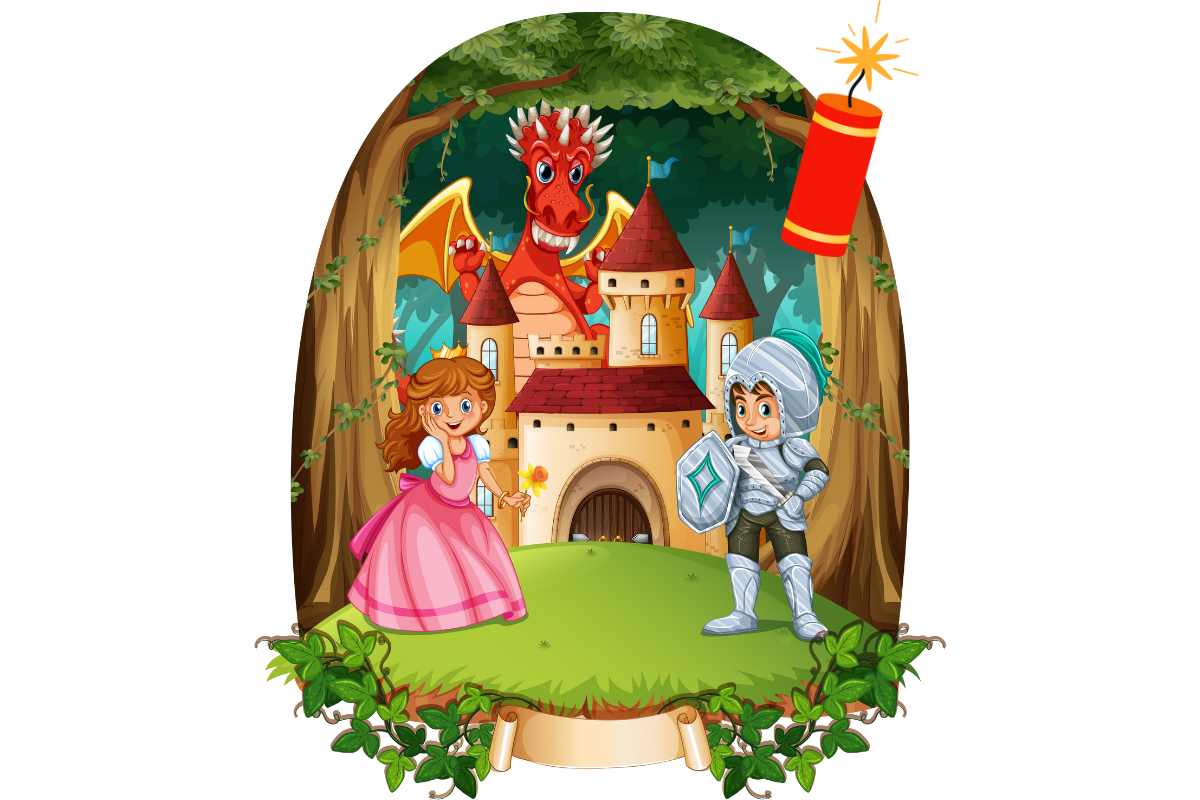
Among the fireworks was a Rocket. This Rocket was different from the others; he was proud and thought highly of himself. The other fireworks didn’t like him because he didn’t consider their feelings and was quite insensitive. The Rocket felt so sad that he cried a lot, and when the servants came to light him, they couldn’t because he was all wet with tears. So, they disposed of him, and he ended up in a ditch.
In the ditch, the Rocket thought he had time to get better. However, instead of being kind, he behaved badly. He humiliated a frog, a dragonfly, and a duck who were also in the ditch. The Rocket wasn’t making any friends.
After some time, two boys found the Rocket, and since he was dry now, they decided to launch it into the sky. But, oh dear! It was daylight, and no one could see the fireworks. The Remarkable Rocket, however, still believed he had done something amazing.
Moral: The story teaches us that being proud and insensitive can lead to loneliness, and even if we think we’ve achieved something great, it’s important to consider the feelings of others. It’s better to be kind and humble, just like the other fireworks who didn’t like the Remarkable Rocket’s behavior.
Story of The Snowman
Once upon a time, in a snowy land far away, there was a Snowman in a garden. The Snowman’s only friend was a dog. The dog knew something important – when the sun came up, the Snowman would melt.

One morning, the dog shared happy stories about sleeping under the warm stove in the housekeeper’s room. The Snowman looked at the stove and fell in love with it. He told the dog how much he wanted to be close to the stove. But the dog warned him that if he got too close, he would melt.
The Snowman didn’t listen. He couldn’t resist gazing at the stove every day, dreaming of being near its warmth. The dog tried to remind him about melting, but the Snowman couldn’t stay away.
Then, one frosty morning, the Snowman couldn’t see the stove because the windows were covered in frost. That day, when the sun came up, the Snowman melted away. The dog saw that a stove poker, a tool used for the stove, had been used to build the Snowman. That’s why the Snowman always longed for the warmth of the stove.
Moral: The story teaches us that sometimes, we might want something so much that we don’t see the dangers. The Snowman wanted to be close to the stove, but it led to his melting. It reminds us to be careful and listen to good advice from friends.
A Tale of Courage and Love
Once upon a time, there was a merchant who was on his way to the market. He asked his daughter, Lily, what she wanted as a gift. Lily wished for a simple rose. On his way back, the merchant saw a beautiful castle with roses. He plucked one for Lily, but as soon as he did, a lion appeared!

The lion told the merchant that in return for the rose, he had to send his daughter to the castle. Lily bravely agreed to go, and the lion warmly welcomed her. As time passed, Lily noticed a dove in the castle. To her surprise, the dove revealed that he was the lion and was under a spell. He would remain a dove for the next seven years.
Seven years later, the dove disappeared. The wind, which could carry stories far and wide, told Lily that the dove had transformed back into a lion. The lion was bravely fighting a dragon! The wind advised Lily to go to the sea, where there were eleven rods. She had to break the eleventh one to free the lion.
Lily followed the wind’s advice and reached the sea. She found the eleven rods and courageously broke the eleventh one. Miraculously, the dragon vanished, and the lion transformed into a handsome prince! Overjoyed, the prince and Lily got married, and they lived happily ever after.
Moral: The story teaches us about bravery, love, and the magical power of breaking curses to find true happiness.
The Naughty Boy
Once upon a time, there was an old poet who lived all by himself. One evening, he was sitting in his cozy hut, enjoying the warmth of the fire and roasting some delicious apples. Suddenly, there was a knock at his door.

Curious, the old poet opened the door and found a small boy with a bow and arrow standing outside. The boy explained that he needed shelter from the rain. Feeling kind-hearted, the poet invited him in. He wiped the boy’s wet hair, gave him some dry clothes, and offered a comforting drink of milk along with the roasted apples.
The boy introduced himself as Cupid and proudly mentioned that he was really good at shooting arrows with his bow. As he said this, he playfully shot an arrow right at the poet’s heart and quickly ran away.
The old poet soon realized that Cupid was a mischievous and naughty boy. Cupid loved playing tricks on people, especially with his arrows. Whenever children went to school or church, Cupid would shoot his arrows right into their hearts, causing all sorts of funny feelings.
Word spread throughout the village about Cupid’s mischievous deeds. People everywhere knew what a naughty boy Cupid was, but they also chuckled at the playful tricks he played with his magical arrows.
Moral: The story teaches us that even mischievous actions can bring laughter and joy. While Cupid played tricks with his arrows, people in the village found amusement in the playful mischief. It reminds us that sometimes, a little bit of mischief can lighten our hearts and make life more enjoyable.
The Widow
Once upon a time, there was a widow who had two daughters. One daughter was lazy, and the other daughter was hardworking. The hardworking daughter, the stepdaughter, hurt her finger while spinning one day. She tried to wash her finger in the well, but her spindle fell in. When she reached into the well to get it, she found herself in a meadow where she met an old woman named Mother Holle.

Mother Holle asked the girl for help with household chores, and the stepdaughter gladly agreed. She worked hard and was kind to Mother Holle. After several days, Mother Holle sent the stepdaughter back home. She gave her the spindle and sent her through a special gate. As the stepdaughter passed through the gate, something magical happened – she was covered in gold!
The stepmother at home saw the gold and welcomed her kindly. She was happy to have such a fortunate stepdaughter. Now, she wanted the lazy daughter to experience the same golden reward. So, she forced the lazy daughter to spin and hurt herself.
The lazy daughter, however, wasn’t as kind and hardworking as her stepsister. When she met Mother Holle, she didn’t want to work. Mother Holle still brought her through the gate, but instead of gold, the lazy girl was covered in sticky tar. Mother Holle explained that this was the reward for her laziness and lack of effort.
Moral: The story teaches us that hard work and kindness are rewarded, while laziness and unwillingness to help may lead to unpleasant consequences.
The Willow-Wren and the Bear
Once upon a time, a bear and a wolf were strolling through the forest when they heard a beautiful bird singing. The wolf told the bear that it was the King of birds making that lovely melody.

The bear, curious and excited, wanted to see the King’s palace. So, he peeped into the nest and saw six little birdies. Instead of being kind, the bear called them disgusting children. The little birds were upset and quickly told their parents about the bear’s unkind words.
The Queen Wren, the bird’s mother, got very angry and declared war. She wanted all the four-footed animals on the bear’s side and all the flying creatures on the wren’s side. The clever fox joined the bear’s side, and he promised to lift his tail when things were going well and lower it when things were bad.
However, the gnat, a tiny insect, wanted to help the wren. So, the gnat sent the hornet to sting the fox’s tail, hoping he wouldn’t be able to keep it up during the battle. As soon as the fight began, the hornet stung the fox, and he had to let his tail down.
This scared all the other animals, and they ran away from the scene. The wren and her side were winning. The bear realized his mistake and decided to apologize to the wren’s little ones. In the end, the war ended, and peace was restored in the forest.
Moral: The story teaches us that saying unkind words can lead to trouble, and it’s important to apologize and make things right when we hurt someone’s feelings.
The Laughter of the Princess
Once upon a time, three brothers went into the forest to chop wood. Along the way, two of the brothers met an old man who was hungry and asked for some food. But those two brothers, not being very kind, refused to share their food.
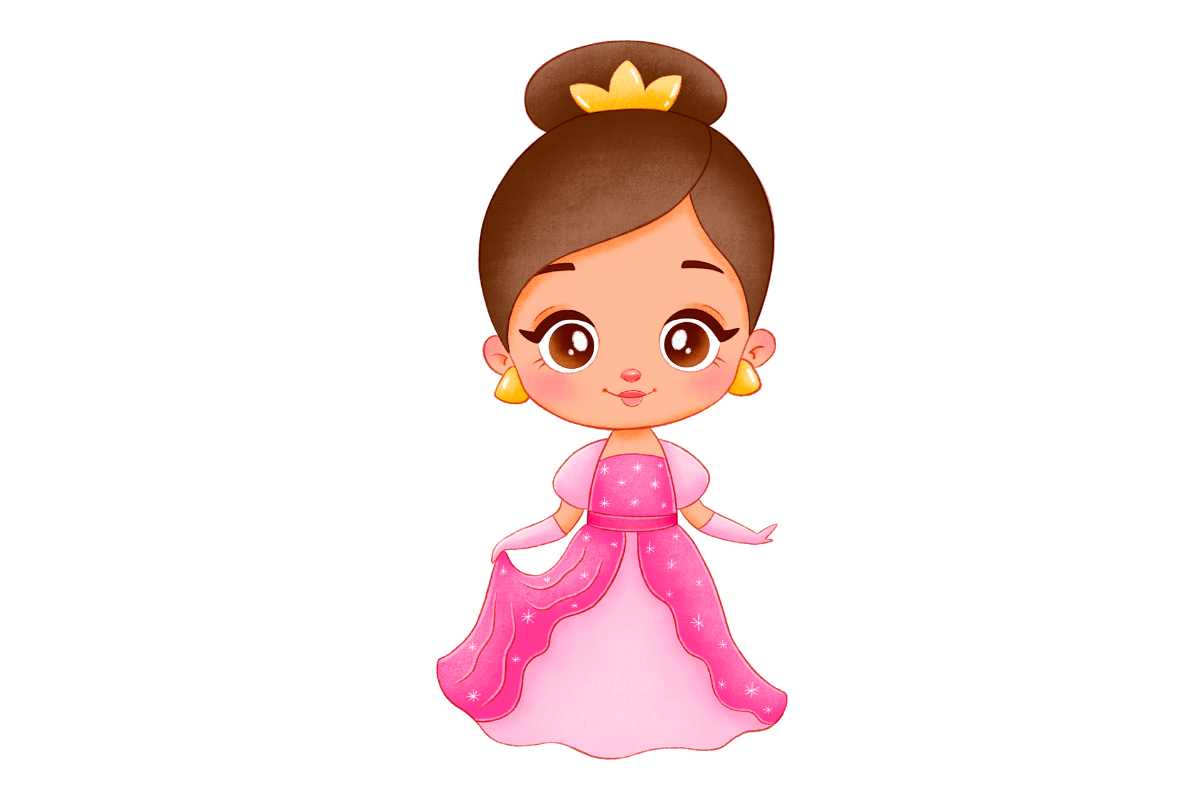
As they continued, something unfortunate happened – the two unkind brothers fell down and got hurt. But there was a third brother, Simpleton, who was different. When he met the old man, he happily shared his food. As a reward, the old man gave Simpleton a golden goose.
Later on, when Simpleton went to an inn, the innkeeper’s daughter tried to pluck a golden feather from the goose. But, uh-oh! Her hands got stuck to the goose. When her younger sister tried to help, she got stuck too. Simpleton, not wanting any trouble, decided to carry his golden goose to the castle.
On the way, anyone who tried to interfere with the goose got stuck in the parade, which kept getting longer and longer! Now, in the castle, there was a princess who never smiled. The king had promised that the one who could make her laugh would marry her.
When the princess saw the funny parade passing by outside her window, she burst into laughter! The king was overjoyed because his daughter finally smiled. Simpleton and the princess were married, and they lived happily ever after.
Moral: The story teaches us that kindness and sharing can lead to unexpected rewards, and sometimes, laughter can bring joy and happiness to everyone.
The Golden Fish’s Gifts
Once upon a time, there was a fisherman who caught a magical golden fish. The fish could talk and asked the man to let it go. In return, the fish promised to give the man a golden castle. The kind fisherman agreed, and true to its word, the golden fish granted him a beautiful golden castle.
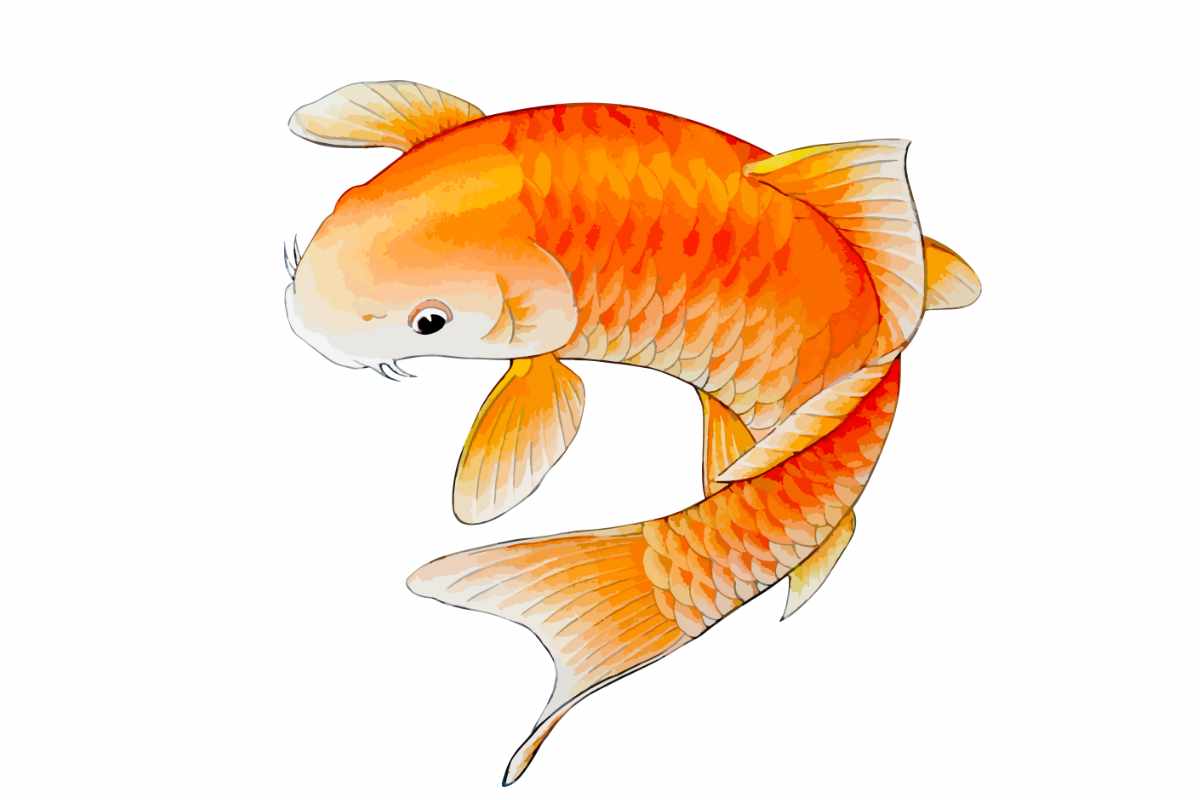
The next time the fish was caught, it had another request. It told the man to cut it into six pieces. He had to give two pieces to his wife, two to the horse, and bury the last two in the ground. The fisherman, though surprised, followed the fish’s instructions.
Soon after, something incredible happened. The wife gave birth to twins made of gold, the horse had two golden foals, and two golden lilies sprouted from the ground. The family was overjoyed with their magical gifts.
As the years passed, the golden twins grew up and left home. However, when people made fun of them, the twins decided to return to their family. One day, one of the boys went hunting, but a wicked witch turned him into a stone.
His brother, back home, noticed that one of the golden lilies had withered. He sensed that his twin was in trouble. The brave brother went to confront the witch. Keeping a safe distance, he threatened the witch so her spells wouldn’t work. Eventually, he managed to break the spell, turning his stone brother back into a human.
The family reunited, and they lived happily ever after, grateful for the magical fish and the golden gifts it had given them.
Moral: The story teaches us about the importance of family, bravery, and the magical bond between siblings.
We appreciate for reading the story from here🙂 if you really wanna get updated, You could also join us on Pinterest by clicking the link below.
- Pinterest: Click Here
- More Stories: Click Here
FAQs of Inspiration Story
What is an inspirational story?
An inspirational story is a narrative that shares a personal experience or journey of overcoming challenges, achieving success, or finding motivation in difficult circumstances.
How can inspirational stories benefit children and young adults?
Inspirational stories can help children and young adults develop empathy, resilience, and a positive outlook on life. These stories often serve as valuable tools for teaching important values and life lessons in an engaging and relatable way.
How can I use inspirational stories to inspire and motivate others?
You can share inspirational stories with friends, family, colleagues, or students to uplift their spirits, provide encouragement, and spark meaningful conversations. By discussing the themes and messages in these stories, you can inspire others to reflect on their own experiences and strive for personal growth.






